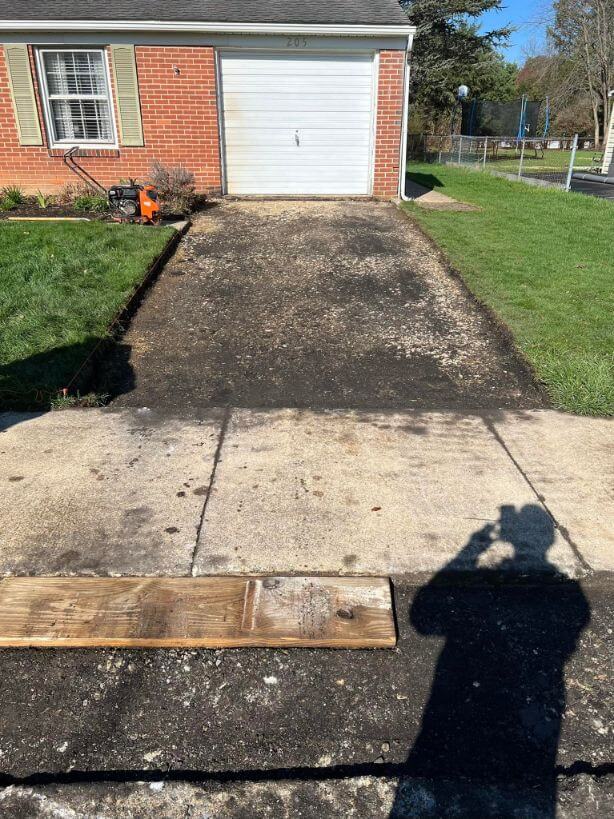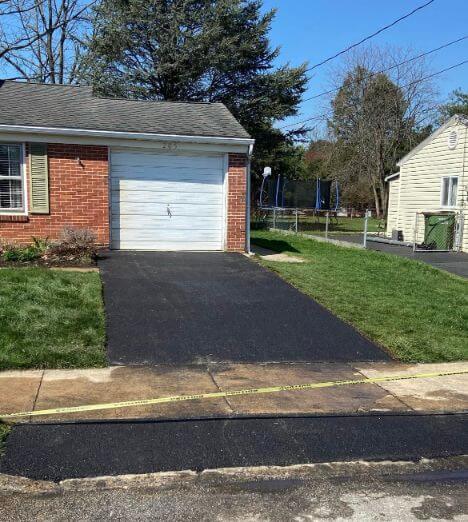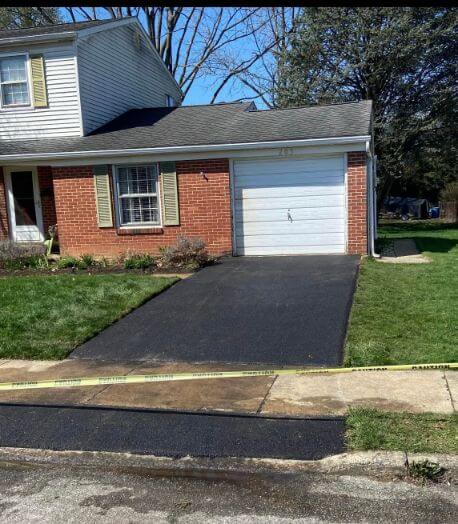Asphalt Millings Guide for Homeowners
If you’re a homeowner who is looking to mill your driveway, then you’ve come to the right place. Milling your driveway is a great way to improve the appearance and functionality of your home. In this guide, we will walk you through the process of milling asphalt driveways. We’ll also provide you with some advantages of asphalt milling and how to minimize your asphalt milling driveway costs. So, whether you’re a DIY enthusiast or just someone who wants to know more about the process, this guide is for you!
Asphalt Millings Types: Which Milling Should You Use?
After choosing asphalt milling for your driveway, you will need to settle on a type of milling to use. This decision varies depending on how damaged your parking lot or driveway is. There are three main types of asphalt milling:
- Planing
- Micro-milling
- Fine-milling
Micro-milling treats most surface defects, while planing is an extra complex procedure for large properties and roadways. This is because micro-milling mills only a small upper asphalt layer. On the other hand, planing consumes the destroyed pavement from its top and utilizes it to construct fresh surface aggregate.
Fine milling is used to repair foundational defects. It involves extracting the ruined surface asphalt and then repairing the damage before overlaying a new sealant. The intention is to restore faults and rejuvenate the road while keeping your asphalt milling driveway cost low.
How is Asphalt Millings Done on Driveways?
A milling machine (also called a cold planer or pavement planer) is a piece of construction equipment used to remove old asphalt from driveways and other surfaces. The milling machine grinds up the old blacktop millings, breaking them down into smaller pieces. This process is important because it allows new asphalt to be laid down in a way that will bond correctly with the existing surface.
The milling process itself is relatively simple. First, the machine is started and lowered onto the asphalt. The operator then controls the machine as it moves forward, milling up the old asphalt as it goes. Once the desired area has been milled, the operator then raises the machine and moves it to the next spot.
If you’re still on the fence about milling your asphalt driveway, then we suggest you read on. In the next section, we’ll go over some of the benefits of milling your asphalt driveway.
Advantages of Asphalt Millings
There are many advantages to milling your asphalt driveway. Here are the five key benefits:
A Cost-effective Way to Repair Your Driveway
Asphalt milling is the most suitable repair method for your pavements if they have extensive surface destructions such as raveling, uneven slope, or cracking. Since its sub-base is solid, you will not need to repave or demolish it fully. Instead, you can remove destroyed layers using milling machines and use fresh hot-mix as a replacement, saving on your asphalt milling driveway cost.
Ecologically Friendly
After you mill asphalt from a surface, it is gathered and transported to recycling facilities and used as fresh hot-mix asphalt aggregate. Thanks to this procedure, asphalt is now among the most widely recycled materials in driveway repair.
Milling Addresses Specific Problematic Areas
Suppose asphalt structures such as your parking lot have considerable damage limited to particular sections of your structure. With asphalt milling for driveways, you can rectify the damage without the need to repave the whole area.
It Can Be Done Quickly and Efficiently
When it comes to milling asphalt driveways, efficiency is key. Factors such as machine speed, size of milling machines, and materials used all play a role in optimizing milling work. When performed by skilled professionals with the right equipment and resources, milling for driveways can be done quickly and effectively.
Less Disruptive Than Other Methods of Repair
Milling uses far less disruption and noise than traditional repair methods. Instead of removing large sections of pavement to lay down new blacktop millings, it involves milling away small bits of surface damage. This leaves the original layer of asphalt in place. Not only does this reduce the overall time required for repair, but it also reduces the amount of noise and dust caused by heavy machinery.
Conclusion
Since its debut almost three decades ago, asphalt milling has been one of the simplest, most cost-effective, and quickest methods to repair a driveway. It allows homeowners to preserve their driveways beautiful, healthy, and safe. As a result, if you ever need to repair your driveway again, think about asphalt milling.



